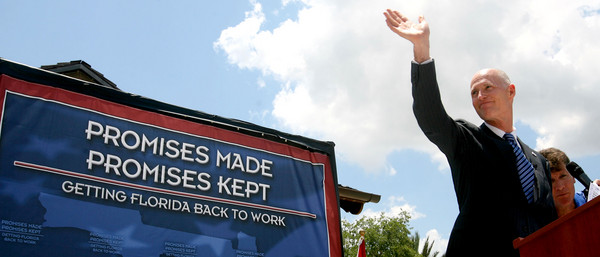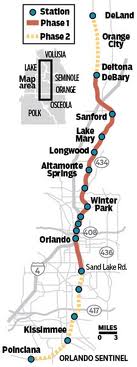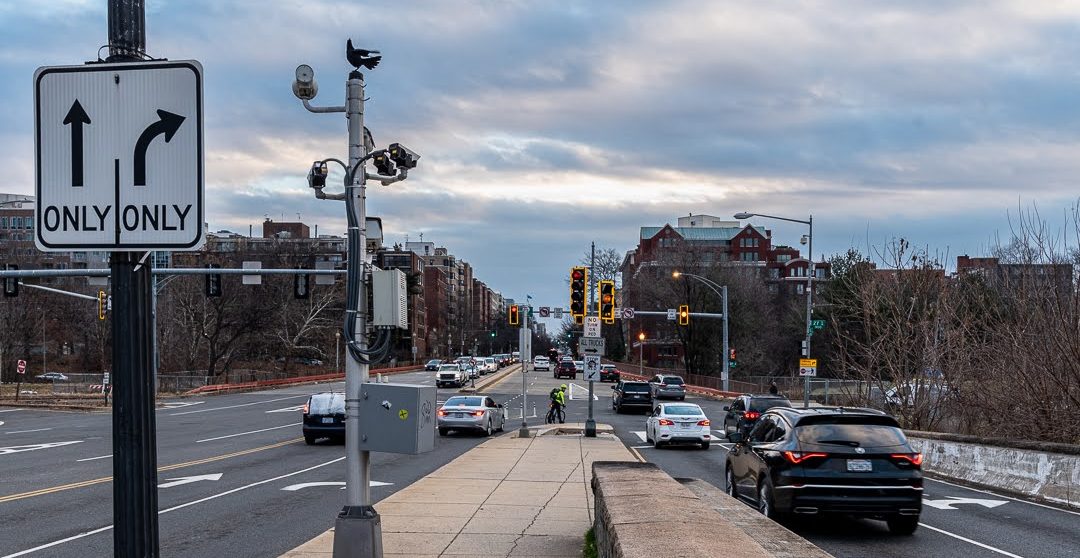Florida Transportation Secretary Ananth Prasad has announced that Gov. Rick Scott’s administration will support the development of SunRail commuter rail.

Acknowledging the strong support of Florida Republican John Mica, chair of the House Transportation Committee, Prasad said that his recent conversations with citizens and stakeholders convinced him that the project was worthwhile and that the state’s financial interests would be protected. The state of Florida is paying to buy the tracks from CSX, but Scott had feared that the state would also be left holding the bag for cost overruns.
“The partners told me they still support the commuter rail system, and they clearly understand that the local governments will participate in covering any cost overruns,” Prasad said in his prepared remarks for today’s press conference [PDF]. “I listened to all sides of this debate, and I must tell you that the overwhelming majority of opinion expressed in each of the meetings I attended was in favor of moving forward.”

Scott had put the project on hold in January, while he was still in the process of letting the ax fall on plans to build high-speed rail in the state. He froze $235 million worth of SunRail contracts in January without setting a timeline for making a final decision.
There was some question as to whether Gov. Scott even had the legal authority to pull the plug on the project, since the state legislature had approved it overwhelmingly in 2009 under Gov. Charlie Crist. The federal government has approved $357 million to support the project, which rail supporters had pressed the governor to accept, using the argument that Florida is a donor state, getting back only 89 to 90 cents per dollar of gas tax receipts. Private investors including CSX, Tupperware and Disneyland have also pledged their own investments in the rail line.
The 31-mile first phase of SunRail will serve 12 stations, linking DeBary to Orlando. Phase II will serve five additional stations, north to DeLand and south to Poinciana. Service is expected to begin service in late 2013 or early 2014, growing to a projected 61 miles of track.
According to the Orlando Sentinel, “The approval ends the region's 30-year quest to devise a transportation alternative to cars and buses. Previous attempts ranging from magnetically levitated trains to light rail options have failed.”
Supporters hail the go-ahead as a solution to congestion on Interstate 4 that costs six times less than what it would take to expand I-4 by just one lane in each direction.





